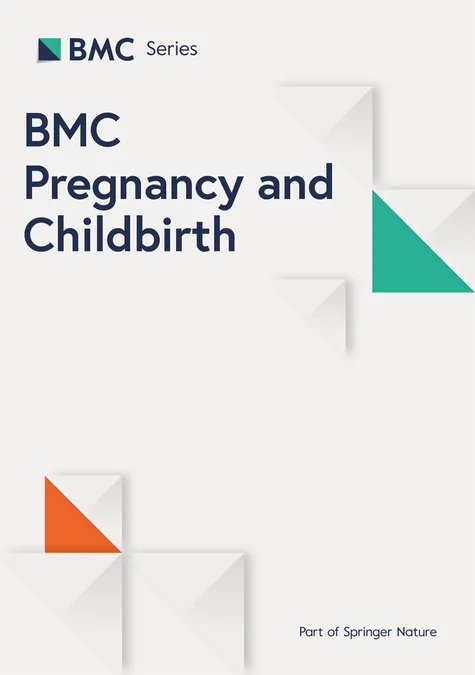
Unlocking the Truth: How Fear of Childbirth Affects New Mothers in Wuhan
2025-07-04
Author: Wei Ling
A Deep Dive into Childbirth Anxiety
Fear of childbirth (FOC) is a growing concern among expectant mothers, profoundly impacting their mental and physical well-being. While many studies have pointed out its effects, few have traced the connection between this fear and birth outcomes or the initiation of breastfeeding. A new study conducted in Wuhan sought to illuminate the causes and consequences of FOC among pregnant women.
The Study Breakdown: How It Was Done
From August to November 2018, researchers analyzed the experiences of 237 women admitted for delivery at Wuhan Maternal and Child Health Hospital. They employed the Chinese Childbirth Attitudes Questionnaire (CAQ) for assessing FOC, and gathered demographic data alongside anxiety assessments through the Generalised Anxiety Disorder Scale-7 (GAD-7). Information concerning the length of labor and breastfeeding initiation was meticulously recorded.
Disturbing Statistics: The Numbers Speak Volumes
Shockingly, 73.8% of the women reported experiencing fear of childbirth—which included 4.2% with severe fear. This anxiety appears to correlate with various factors like maternal age, expectations of pain, and lack of maternity insurance. Notably, women with higher FOC experienced longer second stages of labor, underlining the significant effects of anxiety during delivery.
The Mental Health Connection: Anxiety and Childbirth
The study highlights a strong link between generalized anxiety disorder and the fear of childbirth. This mental health relationship indicates that as anxiety levels increase, so does the fear—the factors intertwining to create a daunting childbirth experience. Most pregnant women, influenced by societal pressures and personal expectations, fear the unknown of labor, which can cloud their judgment leading to potentially unhealthy outcomes.
Birth Outcomes in Question: What the Study Found
The study revealed that while FOC significantly affected the duration of labor, it did not appear to adversely influence birth weight or the initial health of the baby as measured by Apgar scores. However, delayed breastfeeding initiation was seen in about 20.7% of the participants, raising concerns about the overall emotional and physical readiness of new mothers.
Addressing the Fear: Recommendations for Future Interventions
To enhance the birthing experience and mitigate the effects of FOC, experts recommend implementing standardized screenings and tailored interventions. By providing educational resources and emotional support throughout pregnancy, hospitals can empower women, relieving some of the anxiety that often accompanies childbirth.
A Global Perspective: Fear of Childbirth Across Borders
FOC isn't just a localized issue—it's a global phenomenon. Various studies across different countries show similar rates of fear among pregnant women, including staggering numbers from Iran and Greece. This highlights the urgent need to address the psychological impacts of childbirth worldwide, ensuring that no mother feels alone in her fears.
Conclusion: Understanding, Addressing, and Transforming Childbirth Experiences
In summary, the fear of childbirth remains a prevalent issue among expectant mothers in Wuhan and beyond, often exacerbated by anxiety and societal pressures. By recognizing its widespread occurrence and actively seeking to address it, healthcare providers can create more supportive environments that foster healthier pregnancies and empower women during one of their life's most transformative experiences.
 Brasil (PT)
Brasil (PT)
 Canada (EN)
Canada (EN)
 Chile (ES)
Chile (ES)
 Česko (CS)
Česko (CS)
 대한민국 (KO)
대한민국 (KO)
 España (ES)
España (ES)
 France (FR)
France (FR)
 Hong Kong (EN)
Hong Kong (EN)
 Italia (IT)
Italia (IT)
 日本 (JA)
日本 (JA)
 Magyarország (HU)
Magyarország (HU)
 Norge (NO)
Norge (NO)
 Polska (PL)
Polska (PL)
 Schweiz (DE)
Schweiz (DE)
 Singapore (EN)
Singapore (EN)
 Sverige (SV)
Sverige (SV)
 Suomi (FI)
Suomi (FI)
 Türkiye (TR)
Türkiye (TR)
 الإمارات العربية المتحدة (AR)
الإمارات العربية المتحدة (AR)